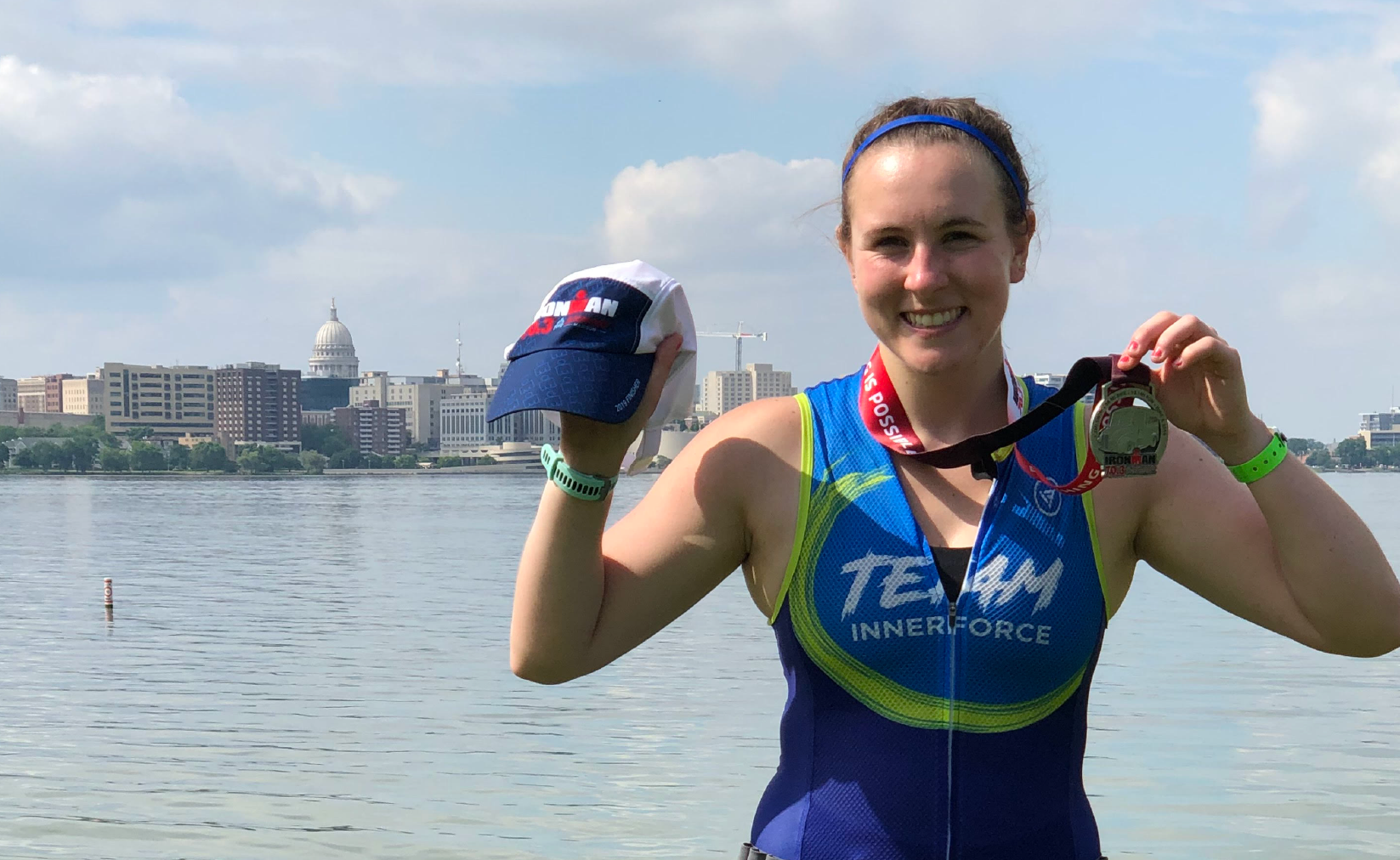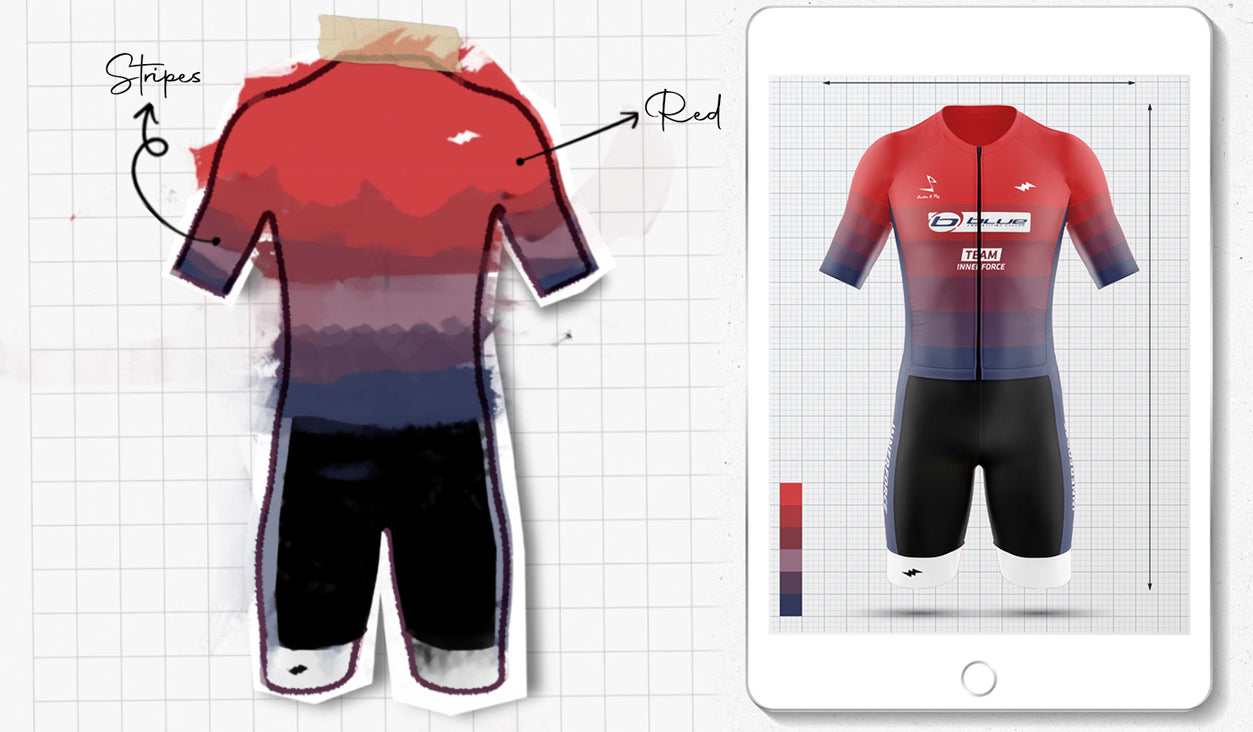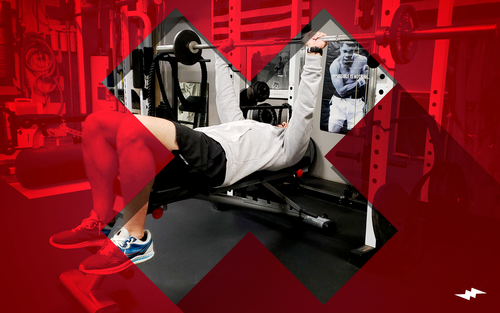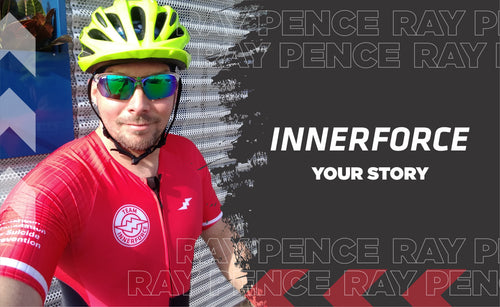No Beta Cells, No Problem

Doctors told me I couldn’t be an endurance athlete, and you would never guess by looking at me that I have a crippling auto-immune condition with no cure. I’ve done countless 5 and 10ks, 5 half marathons and I’m a two-time IRONMAN 70.3 finisher, and yet my body has no way of turning food into energy. I have type 1 diabetes, and yes, I still call myself an athlete.
All I can remember from my senior year of high school was that I was tired. I wasn’t tired from running cross country, taking a heavy class load, and applying to colleges; it was the kind of tired that no amount of sleep, caffeine, or sick days can heal. Doctors brushed it off as iron deficiency and sent me on my way to college to run DIII cross country and track: fulfilling a dream I had been chasing for years. This was supposed to be the chance for me to have access to some of the most knowledgeable coaches, training staff, and methodically-planned training schedules, but I was still tired and wasn’t getting faster.
At the ripe age of 20, after three years of unexplained symptoms like exhaustion, thirst, and weight loss, I drove myself to urgent care, shocked to find out I was in a diabetic coma which is any blood sugar over 600. My blood sugar was 654, while normal blood sugar is 100. I thought coping with the diagnosis would be the hardest part of my journey, but I was very wrong. Doctors advised me that endurance sports are dangerous for diabetics, that I shouldn’t be pushing myself as hard, and that carb counting will be my new hobby, not running.
Simply put, they were wrong. I refused to allow doctors to determine my future, and I continued. Five days after my diagnosis, I ran in my college’s conference cross country race partly as an experiment, but mostly to prove to myself and others that this was not the end, just the beginning. I ended up running a season-best.

When the beta cells in your pancreas are attacked by your own immune system, your body no longer produces insulin. Insulin turns carbs into energy for your body, but without insulin, the carbs turn into sugar, and this is where the term blood sugar comes from. With type 1, your life is kind of like an experiment: every day, every step, and every bite is different than the last. I am lucky enough to have an insulin pump and a continuous glucose monitor: one gives me insulin and the other checks my blood sugar every five minutes and sends the data to an app on my phone. They both apply like a sticker and are usually visible on a daily basis, but I got over that insecurity very quickly. When I’m doing any kind of exercise, I have to eat and tell my pump to stop giving me insulin, that way my blood sugar does not go low, but any time I eat a regular meal, I give myself insulin to keep my blood sugar from going high. It’s all a delicate balance that takes patience.
While doctors told me diabetes would hinder my athletic ability, I believe it has made me better. Diabetes allows me to see a real-time picture of how hard my body is working at a certain time by checking to see if my blood sugar is steady or going down. If this happens on easy days, I know I need to back off, and if it happens on hard days, I know I’m doing something right. Diabetes has made me more conscious of the foods I eat throughout the day; food with a high sugar and carb content send my blood sugar skyrocketing, only to have it come down just as fast, while foods like high fiber content, protein, and complex carbs keep me steady during workouts. Hydration is important for every athlete, but hydrating with diabetes means my body can flush excess sugar. Along with a better understanding of food, my body awareness has increased tenfold. I can feel when I’m pushing myself too hard or not hard enough just based on symptoms related to high and low blood sugar. This process isn’t easy, but the difficulty does not outweigh the triumph of succeeding despite the process it might require.

I live my life like a typical almost 23-year old, just with a lot more math and a lot of emergency snacks. Doctors were telling me that diabetes is a limitation, but I see it as a motivator. I am not a diabetic triathlete; I am a triathlete who happens to have diabetes. I, along with many others who have conditions similar to mine, work twice as hard to stay healthy and achieve goals that those with perfectly abled bodies might not even reach. I am not limited by diabetes; I am more careful, I am more aware, and I am more driven than ever before. The finish line of every race I train for still exists and motivates me, but so does that the fact that I have been told what I am doing is impossible. There are people who doubt me, people who don’t understand what being an athlete with diabetes involves, and people who think I need redemption from a difficult college career, but they will never know the glory and I pride I felt crossing an IRONMAN finish line after hearing it wasn’t possible and then doing it again a year later. To people in a similar situation, don’t let those who doubt your abilities determine your outcome, and to those who see my disease as a hinderance, good luck trying to change my mind.

Doctors told me I couldn’t be an endurance athlete, and you would never guess by looking at me that I have a crippling auto-immune condition with no cure. I’ve done countless 5 and 10ks, 5 half marathons and I’m a two-time IRONMAN 70.3 finisher, and yet my body has no way of turning food into energy. I have type 1 diabetes, and yes, I still call myself an athlete.
All I can remember from my senior year of high school was that I was tired. I wasn’t tired from running cross country, taking a heavy class load, and applying to colleges; it was the kind of tired that no amount of sleep, caffeine, or sick days can heal. Doctors brushed it off as iron deficiency and sent me on my way to college to run DIII cross country and track: fulfilling a dream I had been chasing for years. This was supposed to be the chance for me to have access to some of the most knowledgeable coaches, training staff, and methodically-planned training schedules, but I was still tired and wasn’t getting faster.
At the ripe age of 20, after three years of unexplained symptoms like exhaustion, thirst, and weight loss, I drove myself to urgent care, shocked to find out I was in a diabetic coma which is any blood sugar over 600. My blood sugar was 654, while normal blood sugar is 100. I thought coping with the diagnosis would be the hardest part of my journey, but I was very wrong. Doctors advised me that endurance sports are dangerous for diabetics, that I shouldn’t be pushing myself as hard, and that carb counting will be my new hobby, not running.
Simply put, they were wrong. I refused to allow doctors to determine my future, and I continued. Five days after my diagnosis, I ran in my college’s conference cross country race partly as an experiment, but mostly to prove to myself and others that this was not the end, just the beginning. I ended up running a season-best.

When the beta cells in your pancreas are attacked by your own immune system, your body no longer produces insulin. Insulin turns carbs into energy for your body, but without insulin, the carbs turn into sugar, and this is where the term blood sugar comes from. With type 1, your life is kind of like an experiment: every day, every step, and every bite is different than the last. I am lucky enough to have an insulin pump and a continuous glucose monitor: one gives me insulin and the other checks my blood sugar every five minutes and sends the data to an app on my phone. They both apply like a sticker and are usually visible on a daily basis, but I got over that insecurity very quickly. When I’m doing any kind of exercise, I have to eat and tell my pump to stop giving me insulin, that way my blood sugar does not go low, but any time I eat a regular meal, I give myself insulin to keep my blood sugar from going high. It’s all a delicate balance that takes patience.
While doctors told me diabetes would hinder my athletic ability, I believe it has made me better. Diabetes allows me to see a real-time picture of how hard my body is working at a certain time by checking to see if my blood sugar is steady or going down. If this happens on easy days, I know I need to back off, and if it happens on hard days, I know I’m doing something right. Diabetes has made me more conscious of the foods I eat throughout the day; food with a high sugar and carb content send my blood sugar skyrocketing, only to have it come down just as fast, while foods like high fiber content, protein, and complex carbs keep me steady during workouts. Hydration is important for every athlete, but hydrating with diabetes means my body can flush excess sugar. Along with a better understanding of food, my body awareness has increased tenfold. I can feel when I’m pushing myself too hard or not hard enough just based on symptoms related to high and low blood sugar. This process isn’t easy, but the difficulty does not outweigh the triumph of succeeding despite the process it might require.

I live my life like a typical almost 23-year old, just with a lot more math and a lot of emergency snacks. Doctors were telling me that diabetes is a limitation, but I see it as a motivator. I am not a diabetic triathlete; I am a triathlete who happens to have diabetes. I, along with many others who have conditions similar to mine, work twice as hard to stay healthy and achieve goals that those with perfectly abled bodies might not even reach. I am not limited by diabetes; I am more careful, I am more aware, and I am more driven than ever before. The finish line of every race I train for still exists and motivates me, but so does that the fact that I have been told what I am doing is impossible. There are people who doubt me, people who don’t understand what being an athlete with diabetes involves, and people who think I need redemption from a difficult college career, but they will never know the glory and I pride I felt crossing an IRONMAN finish line after hearing it wasn’t possible and then doing it again a year later. To people in a similar situation, don’t let those who doubt your abilities determine your outcome, and to those who see my disease as a hinderance, good luck trying to change my mind.
SEE WHAT CUSTOM APPAREL LOOKS LIKE

GEAR UP
MORE FROM THE BLOG

5 Qualities Of A Successful Triathlete
What is it that makes the Brownlee brothers such successful triathletes? How did Chrissie Wellington dominate the sport of Ironman...

5 Exercises To Improve Bike Strength
There are a million reasons why being strong on the bike will improve you as a triathlete. Whether it is...

5 Common Strength Training Mistakes That Triathletes Make
Strength training is oftentimes pushed to the back of our training programmes as triathletes. At best it is an add-on...

COMBINING TRIATHLON WITH MULTIPLE JOBS by Ray Pence
@raypencetri (Instagram) Ray Pence (37) has been part of Team Innerforce for quite some time now. We sat down...



